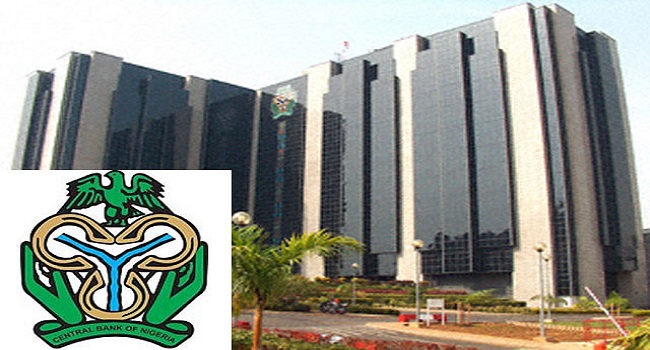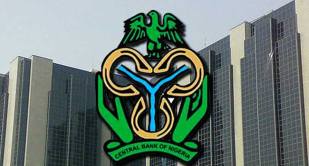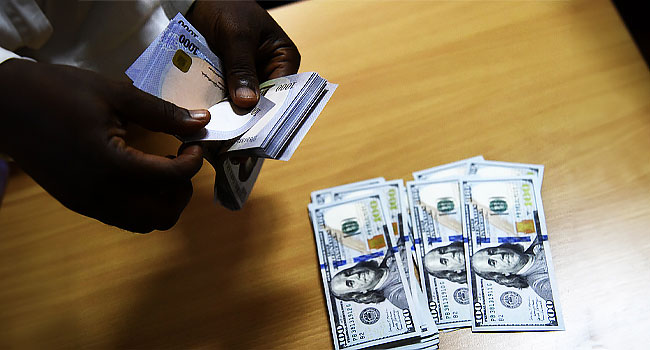The Central Bank of Nigeria (CBN) says the aggregate foreign exchange inflow into the country increased to $91billion in 2017.
The apex bank revealed this in its ‘Draft 2017 Annual Report’ published on Wednesday.
It said the figure represents an increase of 45 per cent, from the $62.75 billion recorded in 2016.
According to the report, inflow through the CBN was $42.17 billion while inflow through autonomous sources amounted to $48.33 billion dollars.
At the same time, aggregate FOREX outflow from the economy increased by 31.8 per cent to $33.68 billion, compared to the total of $25.55 billion reported in 2016.
The CBN attributed the increase in foreign exchange inflow to its sustained intervention at the inter-bank and Bureau de Change segments of the FX market.
The report read in part, “Aggregate foreign exchange inflow into the economy rose by 45.0 per cent to US$91.00 billion, compared with US$62.75 billion in 2016. A disaggregation showed that inflows, through the CBN and autonomous sources, were US$42.17 billion and US$48.33 billion, constituting 46.3 and 53.7 per cent, respectively, of the total.
“A further analysis showed that foreign exchange inflow, through the CBN, rose to US$42.17 billion, compared with US$21.07 billion in 2016. A breakdown of foreign exchange inflow, through the CBN, showed that earnings from crude oil export increased by 1.9 per cent to US$10.37 billion, above the level in 2016.
“The development was attributed to price and output of crude, both of which rose relative to the preceding period. Similarly, the non-oil component of the inflow, through the Bank, rose by 192.2 per cent to US$31.80 billion in 2017, above the level in the preceding year. This was due mainly to: increase in foreign exchange purchases; government debt proceeds; securities lending cash collateral; and TSA and third-party receipts.”





